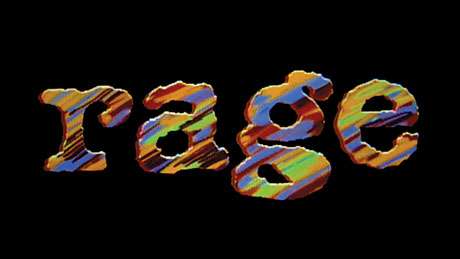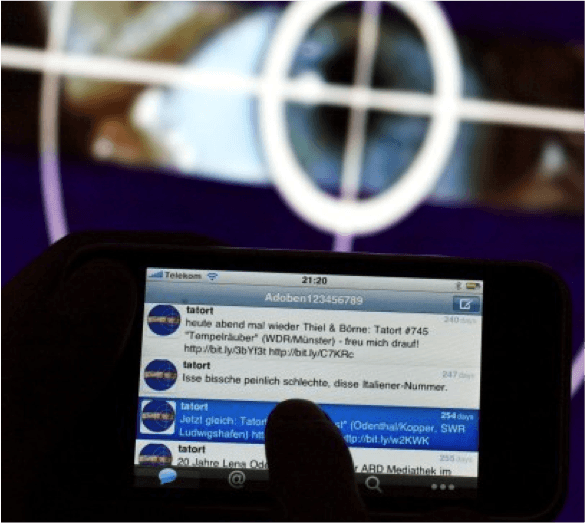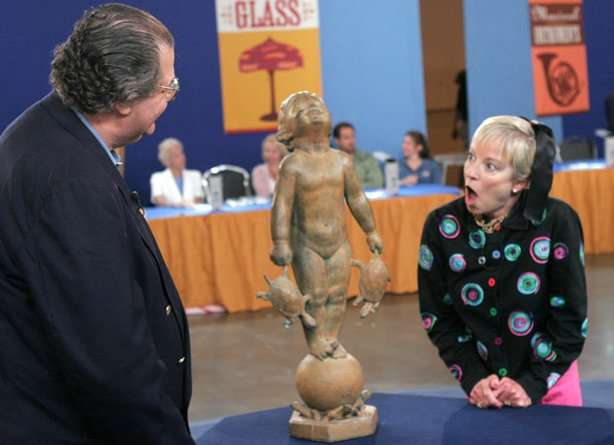
The Broadcasters’ Audience Research Board, or BARB, tells us the who what, when, where, and how of watching British TV and computer screens. Jointly owned by ITV, Channel 4, Channel 5, Sky, the Institute of Practitioners in Advertising, and the BBC, it has been going in its current form for many years, shifting as required to keep track of changes caused by deregulation and the proliferation of consumer technologies.









